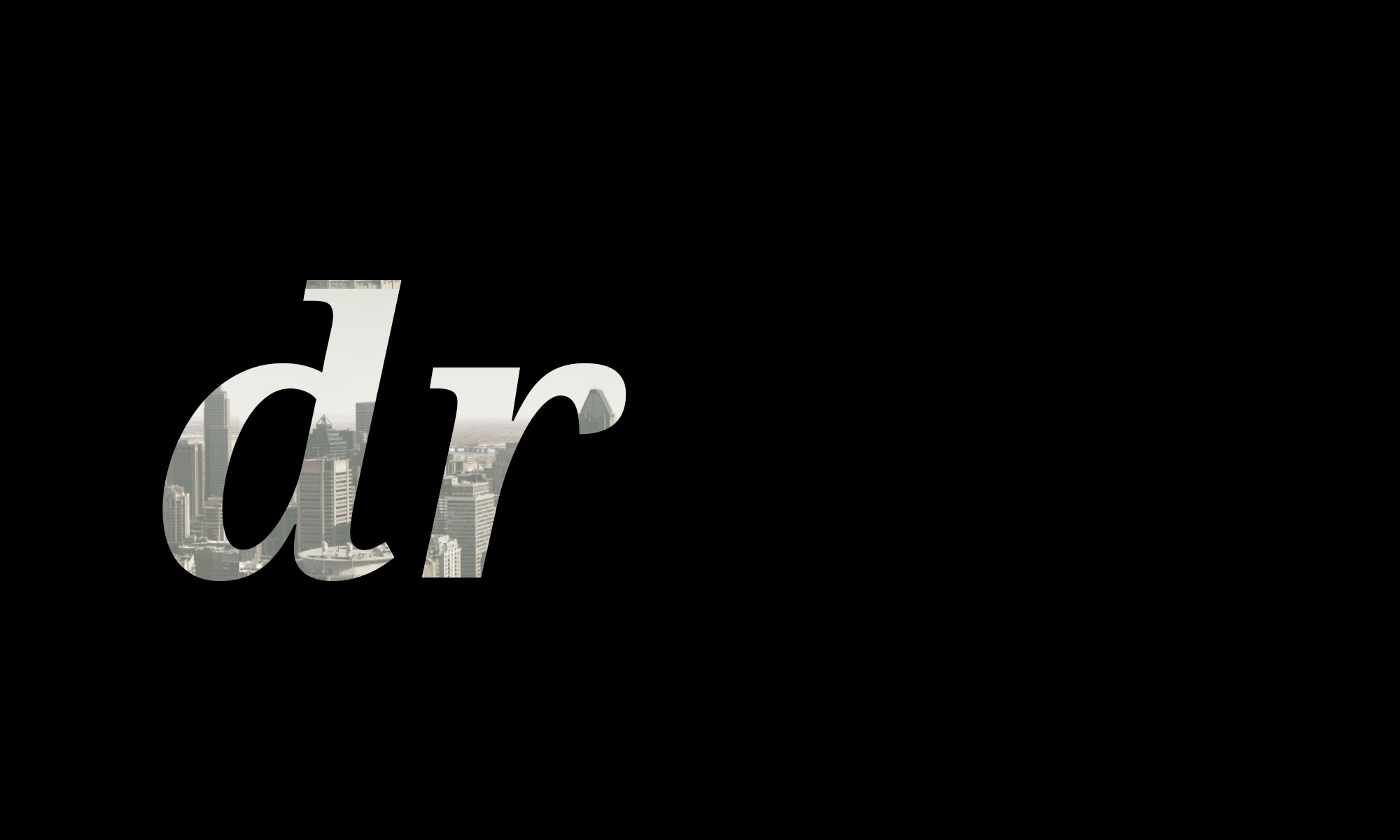As human beings, we can no more see ourselves objectively than see our own eye lashes”.
We are built to see life subjectively – from our own point of view. This makes sense, of course, since we’re constantly trying to figure out how to maneuver through our lives to fit with our own perspective and surroundings. But our subjectivity may not be helpful when we are trying to figure out repetitive patterns that keep inhibiting us from being truly happy. For most people, these patterns are often related to:
Relationships, health, work, lifestyle, habits (healthy and unhealthy), love, spirituality, sexuality and gender exploration. This is not an exhaustive list. There are many more challenges that people can deal with over the course of their lives and that can cause them pain.
In each of these instances psychotherapy can help supply a much needed “bigger picture” surrounding your personal challenge. A psychologist can act as a mirror, reflecting what they see, to enable you to identify the whys and hows of your challenges and, ultimately, a way through them.
Common questions that can bring people to therapy:
Related to the behavioural patterns that can lead people to therapy, are personal questions such as:
- How can I be happier?
- When will I find a satisfying relationship?
- Can I live a more rewarding, fulfilling life?
- Is my use of (alcohol, drugs, internet…) too much?
- Why do I get so angry (sad, stressed)
- Will I achieve my goals in life?
These are but a sampling. There are as many personal life challenges and questions as there are individuals who have them. At one point or another life presents obstacles. Regardless of their source, ultimately they result in the same challenge: to be blocked by them, to go around them, or to find a different relationship with them. Ultimately, all people are seeking one final goal: to be happy.
